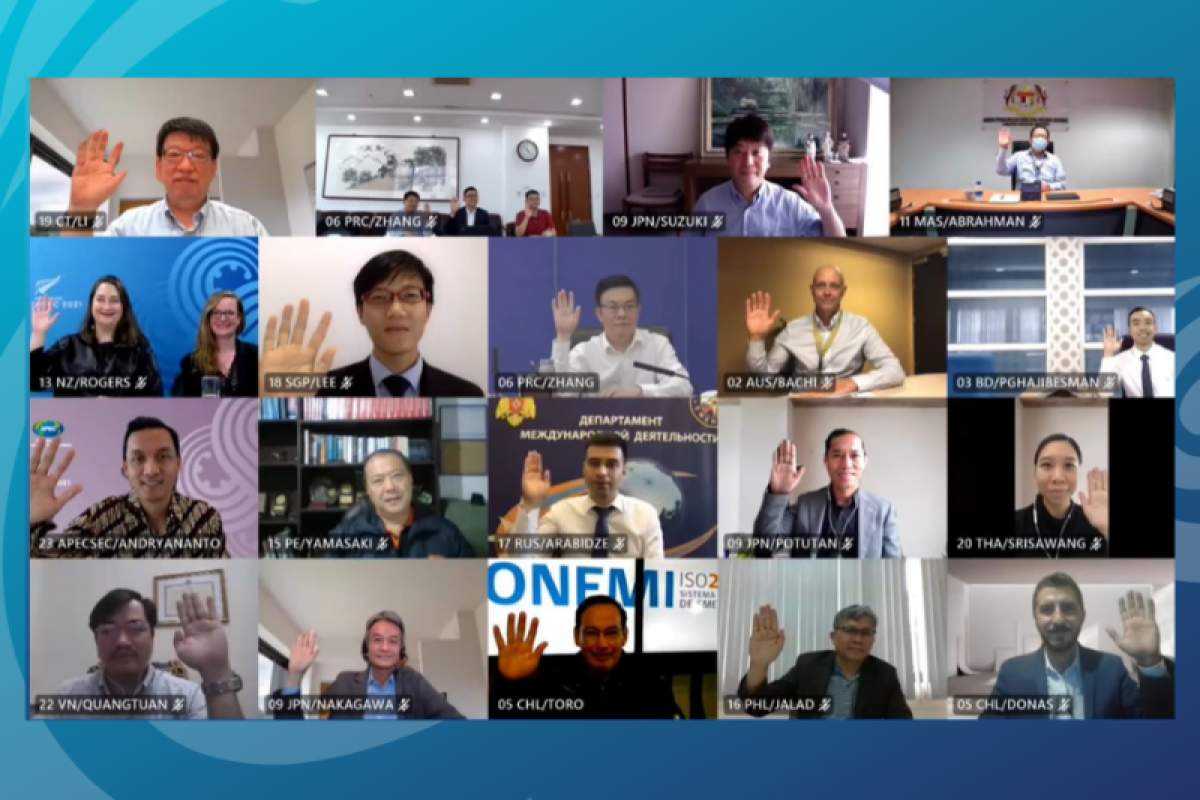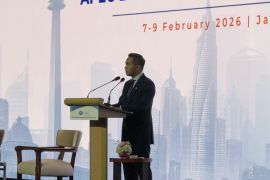Member economies have gained so much experience in terms of effectively responding to major disasters and dealing with risks on multiple frontsJakarta (ANTARA) - Senior disaster management officials from APEC member economies are intensifying regional cooperation for a more resilient disaster risk reduction in the face of the current pandemic, climate change, and other risks.
"Member economies have gained so much experience in terms of effectively responding to major disasters and dealing with risks on multiple fronts," Xiaoning Zhang, co-chair of the APEC Emergency Preparedness Working Group, noted in a press release received here on Monday.
"However, we need to improve our risk disaster governance to fit the current situation by encouraging risk-informed development strategies, improving disaster risk monitoring and early warning capacity for better risk identification so that we can respond more comprehensively," he added.
Besides the ongoing COVID-19 pandemic, APEC region is suffering heavy losses due to natural events ranging from typhoons, cyclones, floods, earthquakes, landslides, disease epidemics, to plagues, he noted.
According to data presented at the APEC Senior Disaster Management Officials Forum in late May this year, the APEC region recorded disaster-related damage of US$116.9 billion in 2020, excluding losses due to the COVID-19 pandemic, which will entail a complex exercise to uncover, he said.
During last month’s forum, APEC member economies shared disaster risk reduction policies and measures that they are implementing to manage the pandemic, including emergency declarations, mask mandates, new guidelines and protocols for managing evacuation centers, as well as new protocols for crossing borders amid travel restrictions.
Despite all that, challenges remain high, Zhang said. The region’s emergency management capability and capacity has been stretched to unprecedented levels, making reliance on local communities more important than ever before, he added.
APEC members are looking at collective investment in resilience measures across the region, including empowering local communities to act during disaster, especially when there are lockdown measures that prevent workers like first responders from traveling, he said.
In her keynote remarks at the forum, Jenna Rogers of the New Zealand National Emergency Management Emergency, highlighted that events like COVID-19 showcase how vulnerable the region is to such complex hazards.
"Complex hazards, both known and unknown, exacerbate risks for the region. Therefore, it necessitates collective investment in resilience measures and cooperation across APEC to protect the economies," Rogers said.
"Disasters are a significant contingent liability for our prosperity, our economic growth, and development aspirations at all levels and we need to be smarter at reducing the impacts and costs from these disasters as we are experiencing exacerbated frequency and severity of natural hazards as a result of climate change," she added.
Meanwhile, co-chair of the APEC Emergency Preparedness Working Group, Koji Suzuki, argued that disaster reduction is a cross-cutting issue for the APEC region economies.
"We must empower our communities, promote a whole-society approach to ensure everyone has a role to play in building disaster resilience," he stated.
"It is crucial for member economies to develop joint strategies between government agencies and the private sector, as well as foster more international cooperation to track progress, build trust and share best practices in managing and reducing risks in the region," Suzuki added.
Related news: APEC's structural reform to bolster resilience against future shocks
Related news: New Zealand confirms plan to host hybrid APEC CEO Summit
Related news: Customs at forefront in enabling COVID-19 vaccination roll-out: APEC
Reporter: Yuni Arisandy Sinaga
Editor: Sri Haryati
Copyright © ANTARA 2021












